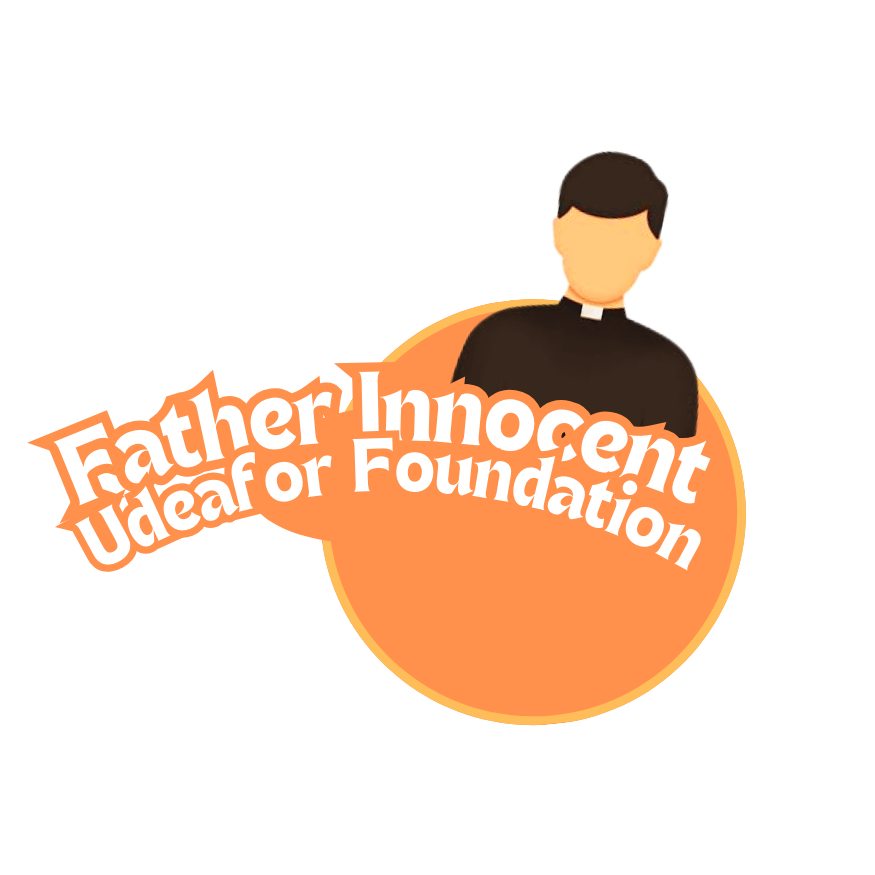Introduction
Our project aims to give people a jump-start to sustainable self-help. With the help of numerous donors from Austria, Liechtenstein and Switzerland, Vicar Innocent was able to start building the center in 1991. Vicar Innocent is convinced that people can only prosper if they have the opportunity to create a solid livelihood for themselves. Therefore, an attempt has always been made to involve both the diocese and the population in many phases of project implementation . This has not always been easy. But what is important are the small steps towards this goal.
On the occasion of the 20th anniversary of the project "Mission Center Mmaku", we would like to send a detailed report to all our loyal donors, who have supported us during all these years with their understanding and again and again very generously.
At the same time, we would like to inform you that Vicar Innocent,
the actual initiator of the project and project manager since the beginning,
for health reasons, but also to ensure the continued existence of the project, has decided to transfer the company to the bishop and diocese of Awgu. Over the past two to three years, Vicar Innocent's health has steadily deteriorated and after three operations and many sleepless nights, the decision to hand over has matured.
At the express request of the Bishop, Vicar Innocent has agreed to continue to supervise the infrastructure of the project and, if possible, to raise part of the necessary funds for its continued existence or for necessary purchases. We would like to support Vicar Innocent to the best of our ability.
Philosophy of the project (Start-up aid for self-help)
With the handover of the project in Feb. 2010 to the diocese of Awgu, the first goal of the project founder was fulfilled. The second goal is now to realize the sustainability and self-financing of the project.
Chronology
1988 - The tragic
car accident The idea of this project was preceded by a tragic car accident that I had in 1988 and that made me stay in Europe even after my studies. In order to enable my follow-up treatments, Bishop Eneja allowed me to stay in Europe. In order for me to be able to bear the costs myself, He extended my long-term stay in Europe and sent me on a "mission" as long as my health allowed me.
1989 – 1990
In the factory
I had to work in a factory for some time because I couldn't get a pastorate during the first phase of my acute treatment. As a result, necessity forced me to take a job in the factory "Hilti Thüringen AG", but I had the opportunity to carry out my priestly duties in the parishes on weekends. During my factory holidays, I took a substitute in the parish in
Untervaz (CH), where I was able to tinker with the idea of such a project. After my time in the factory and with the approval of my bishop, I continued the project in the parish of SS Peter and Paul Lustenau (A).
1991 – 1995
First search for water, kindergarten, primary school, multi-purpose building, religious houses, project inauguration. Vocational school, bakery.
1996 – 2002
Sewing, agriculture, school books, water drilling, high school, hospital.
2003 – 2009
2 student residences (boarding school), 3 vehicles, large concrete water tank, drinking water system, water tanker, erosion check, slope fortification, playgrounds, access roads.
2010 – 2012
Project handover, asbestos roofs renovations.
Building
The center has a total of 17 buildings. All buildings were completely renovated and well equipped before being handed over to the diocese of Awgu.
Education (1)
School sponsorships
I took the initial step in the field of education with scholarships and school sponsorships for children from poor backgrounds. The project has grown from this step. Not only the children were helped with scholarships, but also many people and their families in need with jobs.
School buildings
The school buildings, kindergarten and primary school were the first buildings of the project.
Kindergarten
The kindergarten, with about 75 students, was the first school to be built as part of the project.
Primary school
The primary school grew out of the kindergarten and offered students, parents and families the opportunity to continue their education.
Textbooks
In order to alleviate the plight of expensive textbooks
I have written some teaching aids for the different school levels.
Education (2)
Grammar school
The state-approved grammar school with space for about 350-400 pupils is by far the largest employer of the project and the region.
The grammar school has a good computer centre, which has been functioning since 2002. The IT subject is a great incentive for the many school leavers who are now working or in further training.
Pupils' dormitory
The dormitory in the grammar school offers space for many pupils. Most of them come from neighboring communities.
Sports, Culture, Leisure
Sport and leisure are good additions to the education of young people. For years, we have been trying to accompany young people with sport, especially in their high youth unemployment
to become.
We try to invest in the construction and expansion of the sports fields in the existing sports facilities in order to counteract this problem.
Hospital
The 20-bed hospital with about 17 employees was built and equipped in 1998-1999, inaugurated and put into operation on February 21, 2000. The hospital is a primary health care provider for Mmaku and is a formidable employer both in the centre and for the neighbouring communities.
Although our 20-bed hospital is still the largest private hospital in the region, it is always struggling to finance its operating costs.
The diocese of Awgu, the new owner, is struggling to address the problems.
We have 7 houses for more than 36 of the 75 employees in the centre: 1st house for the nuns who looked after the kindergarten and primary school.
2. A house for the friars (later hospital quarters), who were also active in the schools.3. A rectory for the parish priest who is pastoral at the mission center.
4. Three more residences for the interns and for the rest of the workers.
Energy
3 Small gasoline generators
1 medium-sized diesel generator
1 small solar system (hospital)
3 solar cooking stoves
However, our attempt to supply the center with locally made solar cooking stoves was still in the development phase when the project was handed over. We will continue to work on it.
Water
The original plans of the municipality to supply Mmaku with drinking water boreholes (plan) and water pipes did not work out and this limited us to water wells and the collection of rainwater in concrete water tanks.
Commercial projects
The commercial projects: bakery, agriculture and especially drinking water plant are attempts to lead the mission center into financial independence.
Later
we founded a table water with a bottling plant. This enabled us to supply both the center and the other communities with drinking water commercially.
Sewing room
Agriculture
Bakery
Canteen
The sewing shop, bakery, agriculture and the school canteen were set up for various teaching activities. They are extended areas of the vocational school and also contribute to the self-sufficiency of the center.
Transport
3 school buses (schools)
1 water tanker (water system)
1 ambulance (hospital)
1 off-road vehicle (Emergency)
1 van (bakery)
1 flatbed truck (farm)
1 motorcycle (farm)
By the time the project was handed over to the diocese of Awgu in February 2010, the project had a total of 9 well-functioning cars and a motorcycle for the various services.
We have an all-terrain vehicle for emergencies, especially in the hospital area. All these vehicles have been well maintained and in use in the various projects.
Sanitations
Slope stabilization
The ubiquitous erosion problems caused by landslides have always endangered the area and the foundations of the buildings.
Thanks to the donors, we have already been able to complete the first and larger part of the slope stabilization.
Roof renovations
We have the roofs of the
7 main buildings of the center have already been renovated. During the new building, we knew nothing about the health hazard posed by asbestos.
In addition, the asbestos roofs were old, brittle and in urgent need of renovation.
Access road and drainage
Thanks to the donors, we were able to start the first phases of work on the access roads and the new drainage systems.
From Untervaz, Switzerland to the Mission Center Mmaku,
Nigeria In 2002, the school board at KV-Chur granted me a further education leave in Nigeria. Prior to this, I had carried out a project with my students from a vocational baccalaureate class on the topic of "Helping pupils for pupils to help themselves". How can you transport 24 computers from a computer science room from KV-Chur, which are replaced every four years, to a school in Nigeria?
And so it happened that I left Switzerland on July 3, 2002 and set off for Mmaku, a small village in the south of Nigeria. The first stop was called Enugu. There I met my daughter Sarah, who at that time had already spent a 5-month stay at the Mmaku Mission Center and was waiting for me.
The computers had already been flown to Nigeria in June and, thanks to many good helpers, they had arrived in Enugu unscathed. Together with Sarah and Dr. Innocent Udeafor, I then made my way to the mission center Mmaku, about 60 kilometers away, which was my home for the next 6 months. Sarah, after supporting me for a few weeks, traveled back to Switzerland.
My job was to install the computers on the spot and train the teachers and students on how to use them. Soon, however, I had to realize that my course participants differed greatly from my students at KV-Chur, not only externally, but also in terms of understanding. For me it was an instructive, intense and very satisfying time in which I learned and experienced a lot, a time that I would definitely not want to miss. In the years that followed, I traveled to Mmaku again and again and visited the center. In 2010, Dr. Innocent Udeafor, the center of the diocese.
By this time, the mission center in Mmaku had developed into a major regional center. On the one hand, several hundred children and young people have been given a solid education. The school achieved a high quality of teaching and enjoyed an excellent reputation beyond the region. The role of the centre as a local employer for about 80 people was also very significant. By the time it was handed over in February 2010, the centre's infrastructure was above average and solidly developed. The centre still exists, but can no longer be compared to what it was before 2010.
I would like to thank Dr. Innocent Udeafor, the founder of the mission center in Mmaku, who enthusiastically supported the idea for my project in 2002 and made it possible for me to have all the experiences I had during this time. Getting to know people from a different culture has enriched my life many times over.
Appreciation and gratitude
My first thank you goes to the Lord God for making this dream come true. Among the many people and institutions that have helped me, I would like to mention these as representatives.
From Austria:
Dr. Martin Purtscher, Rev. Josef Drexel, Mrs. Helene Hofer and her sisters, Dr. Günther Lainer, Mr. Armin Wieser, Mrs. Christine Scheidbach, Mr. Herbert Hefel, St. Peter & Paul Lustenau, Mrs. Carina Tschaan, Mr. Reihold Schneider, St. Stephan Thuringia, Catholic Diocese of Feldkirch, Vorarlberg Provincial Government, Federal Ministry of Foreign Affairs, Hilfswerk Salzburg.
From Switzerland and Liechtenstein:
Mrs. Rosina Hug, Mr. Hans Geisseler, Mrs. Helga Netzer, Mrs. Doris Jud, Mr. Silver Scherrer, Mrs. Josy Biasi, denominational part of the Catholic Diocese of St. Gallen, St. Gallen, pastoral care unit St. Gallen West – Gaiserwald and Rev. Dr. Roman Giger, Catholic Church Zwingen, Catholic Church Buchs SG and Pastor Erich Guntli, Pastor Josef Mannhart, Mrs. Heidi Eggert, Catholic Church Walenstadt, Catholic Church Gossau SG.
From Nigeria:
Family Theophilus and Monica Udeafor, Bishop M. U. Eneja, Bishop O. Gbuji, Bishop John Okoye, Dr. Msgr. Anthony Anijielo. My special thanks go to Mr. Anthony Orjianevo and Mrs. Christiana Amadi for their special achievements. I would like to thank all patrons who are not mentioned by name for their great achievements in the realization of the projects.
Gallery Detailing the Journey so Far
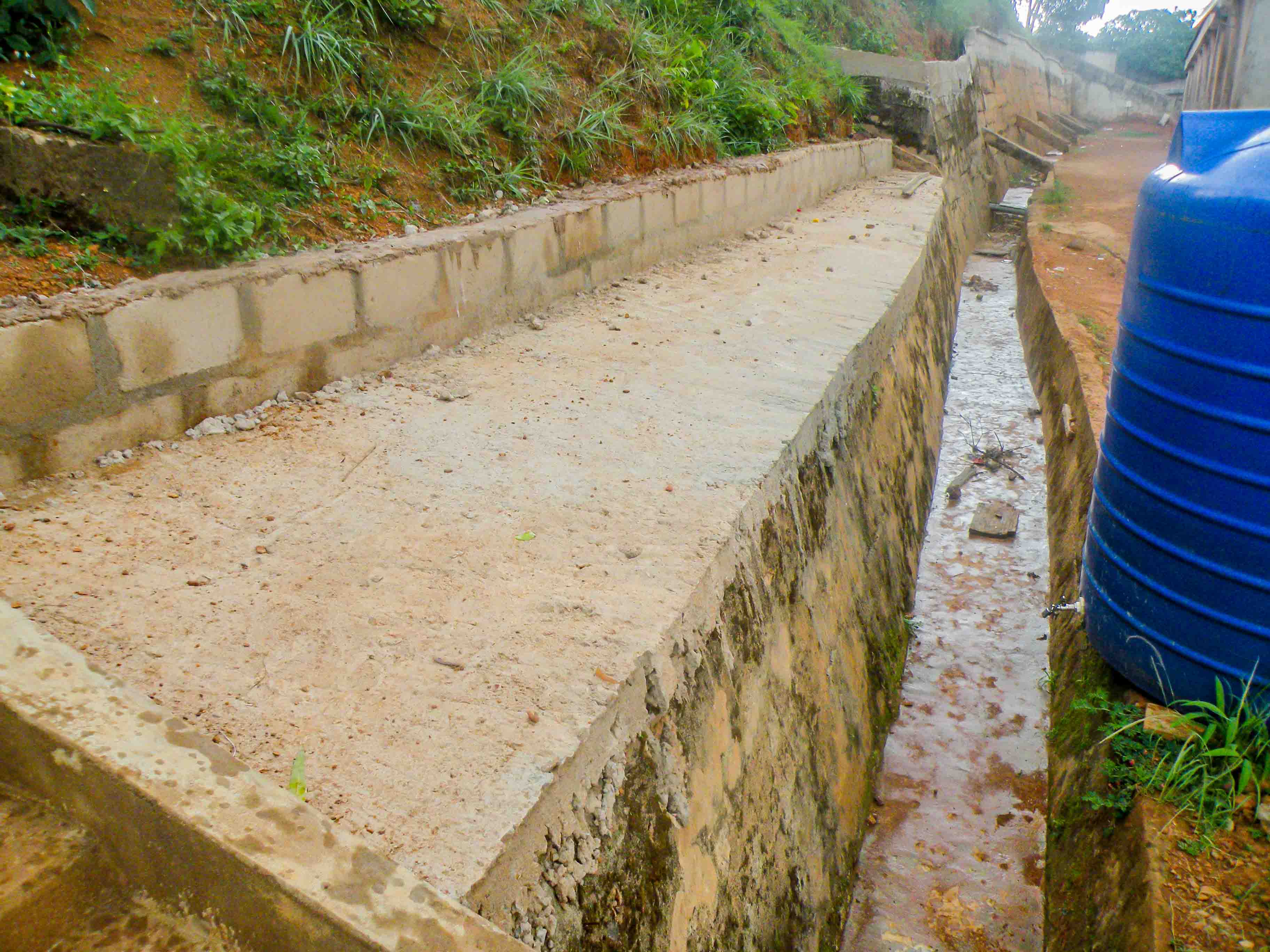
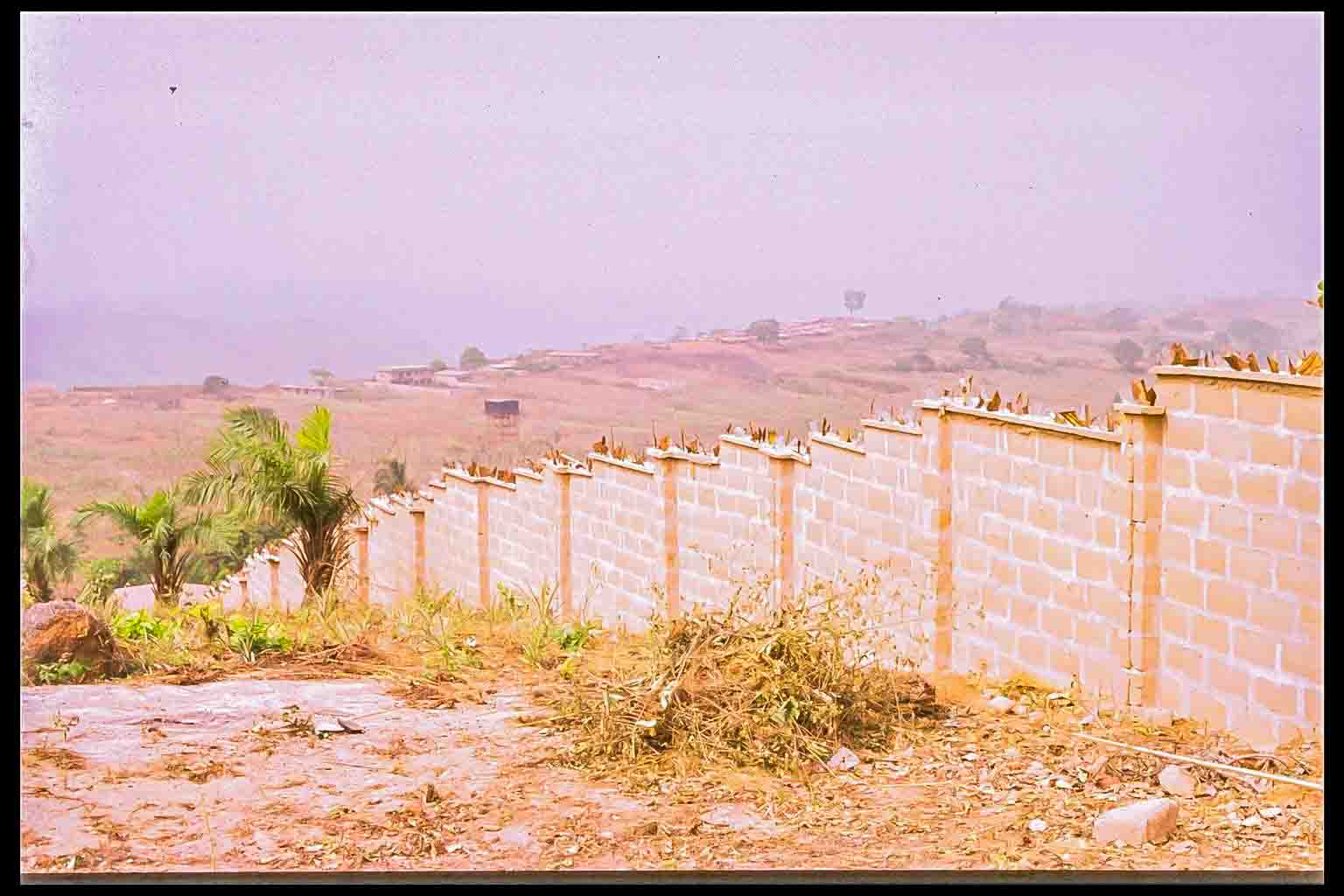
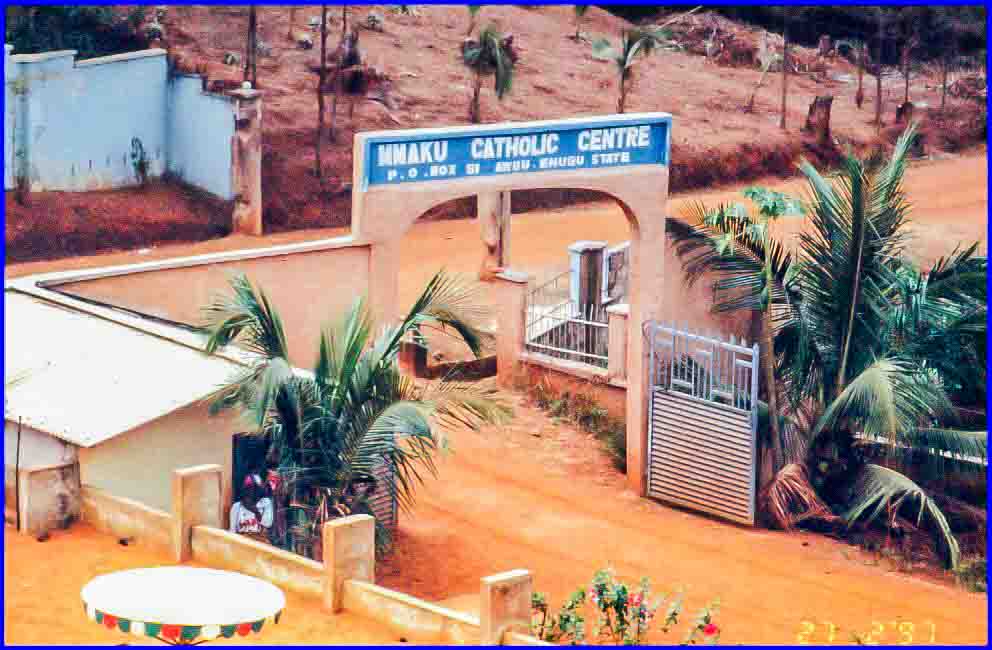
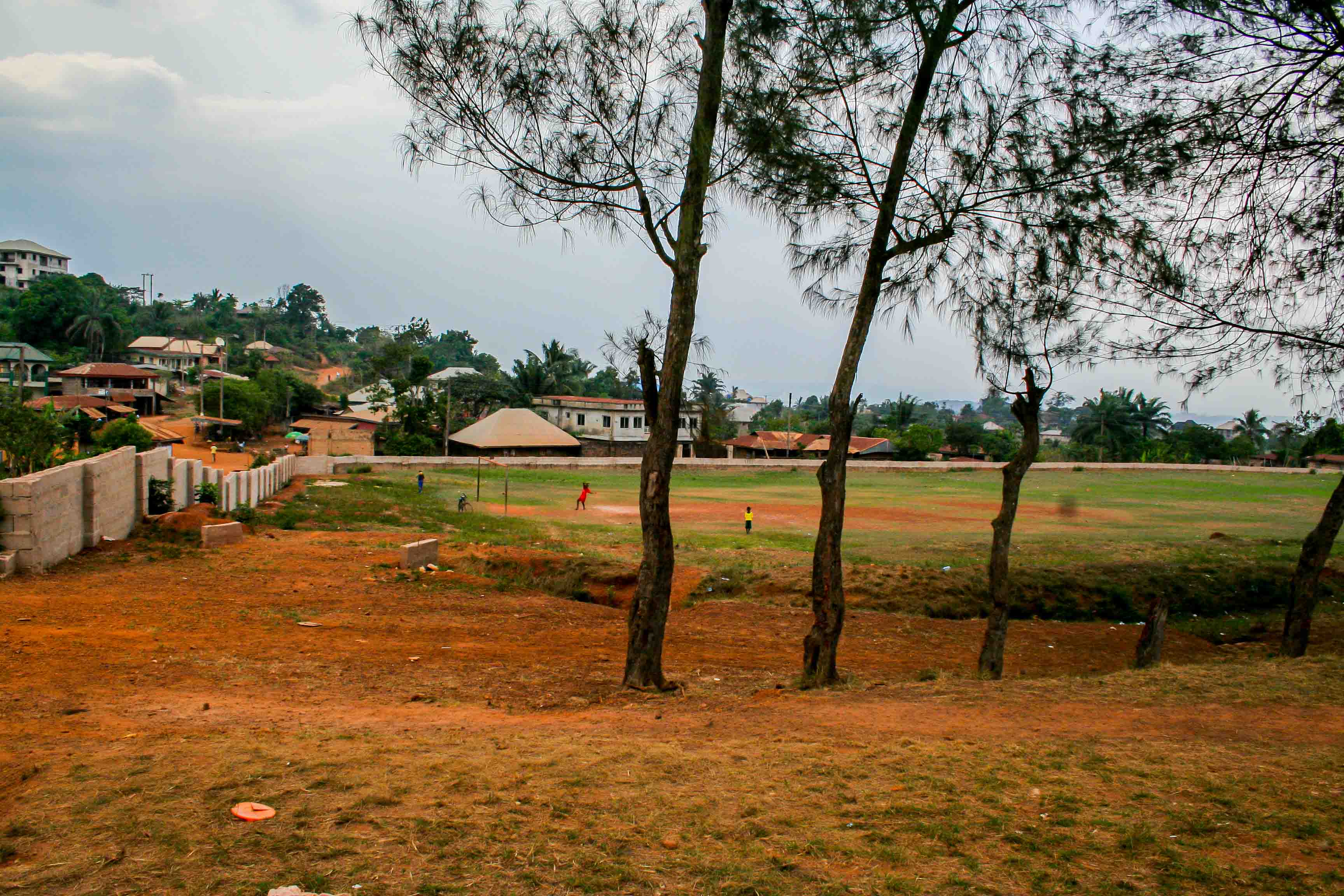
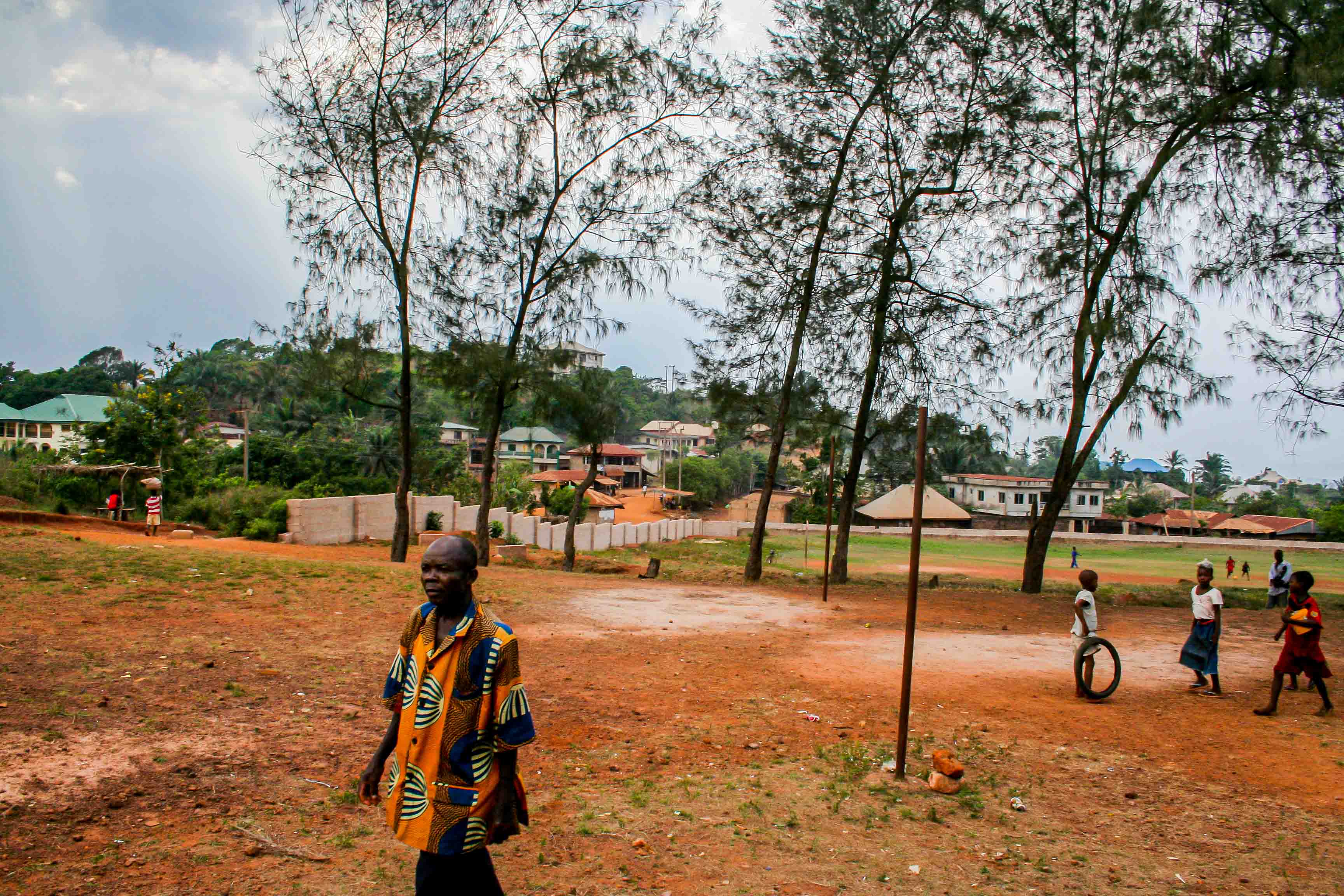
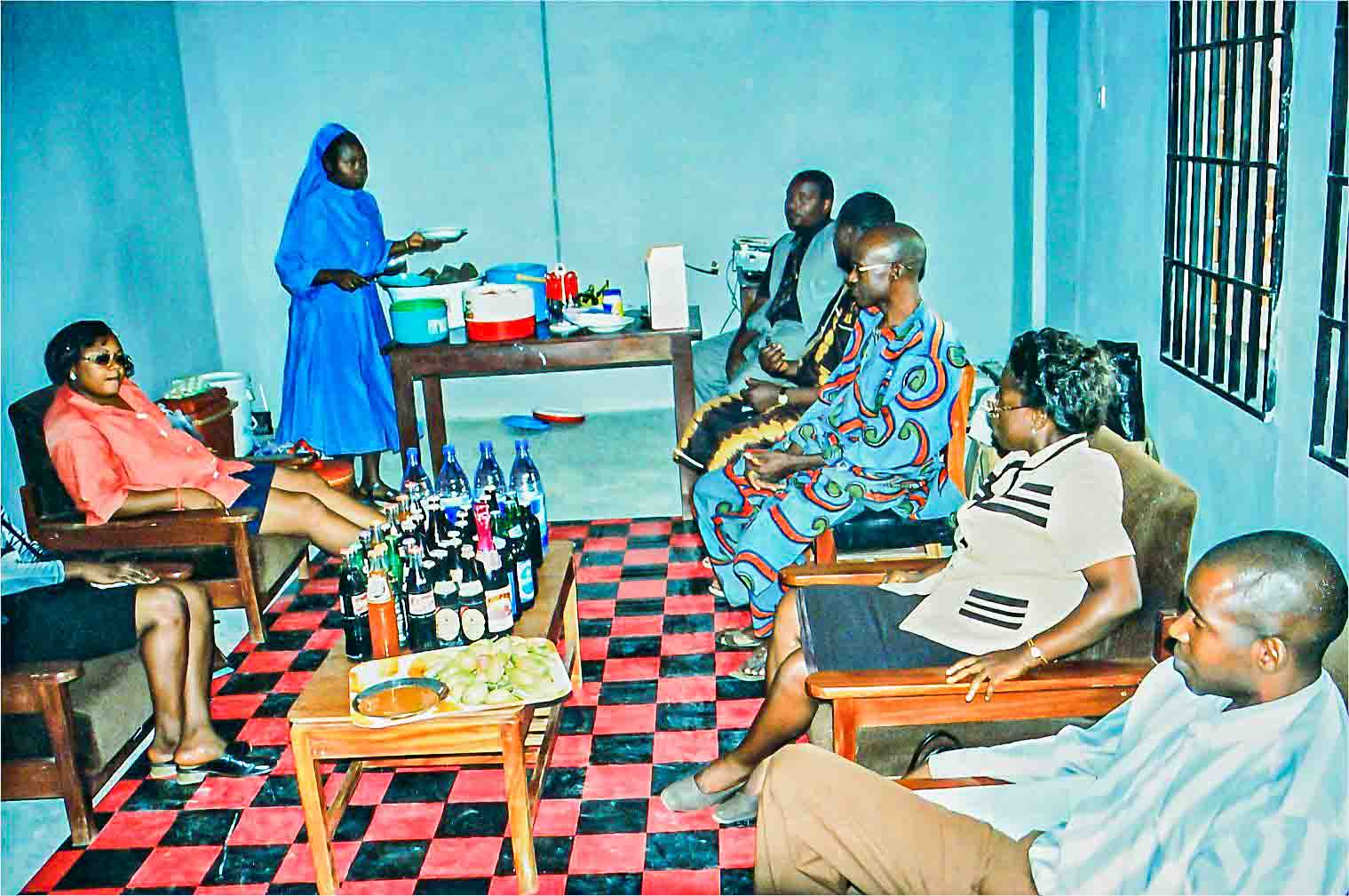























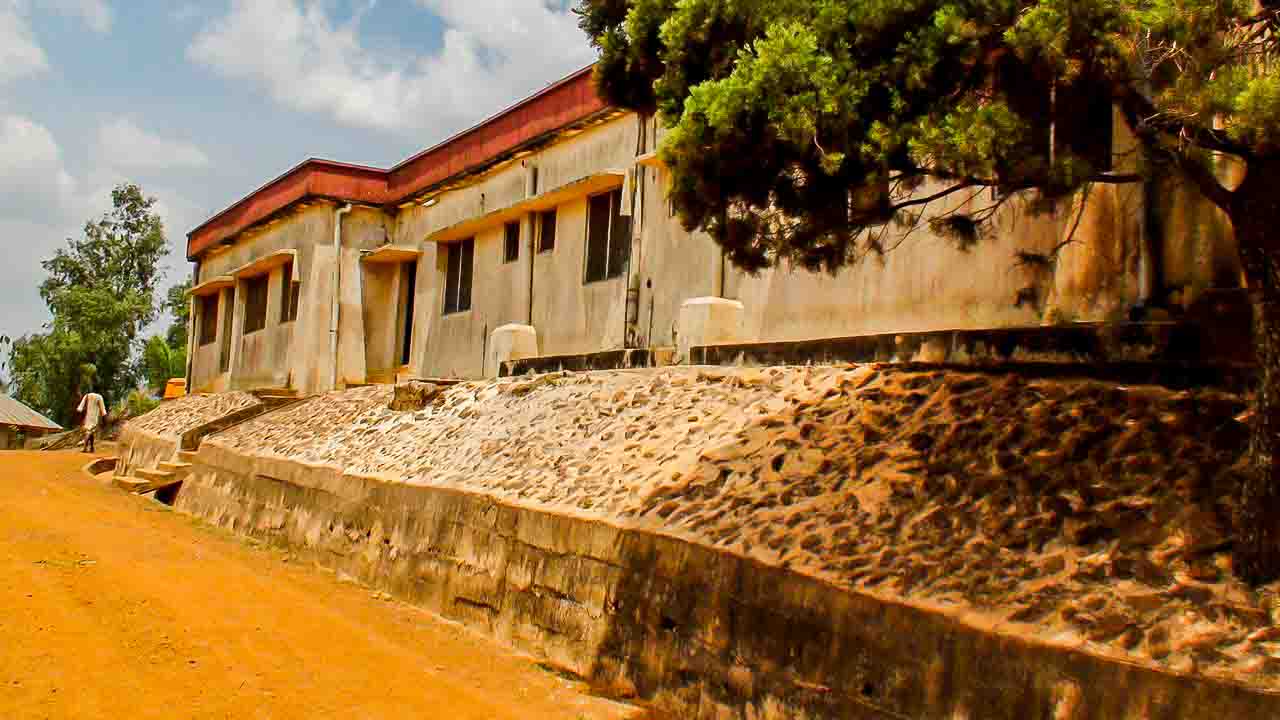
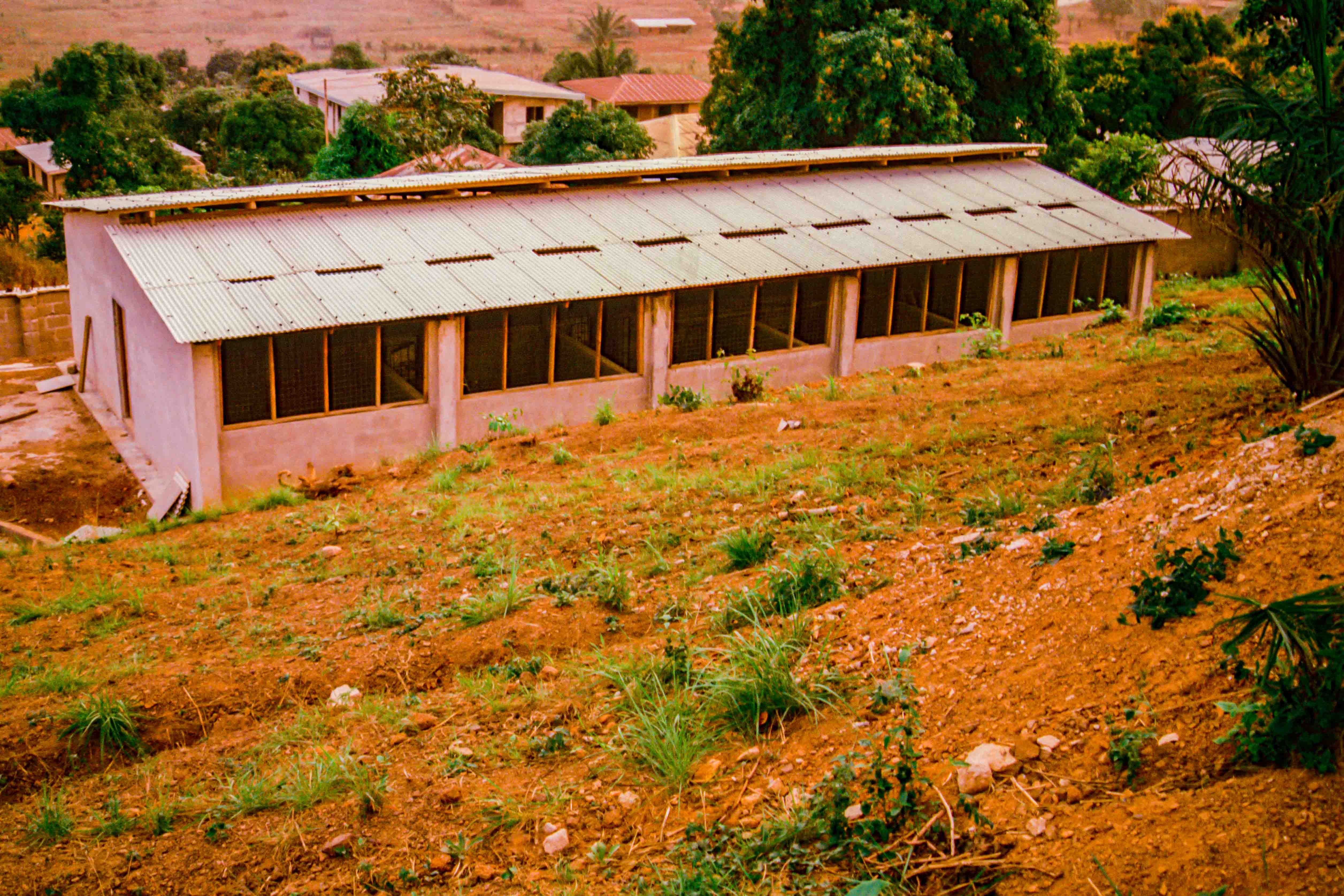










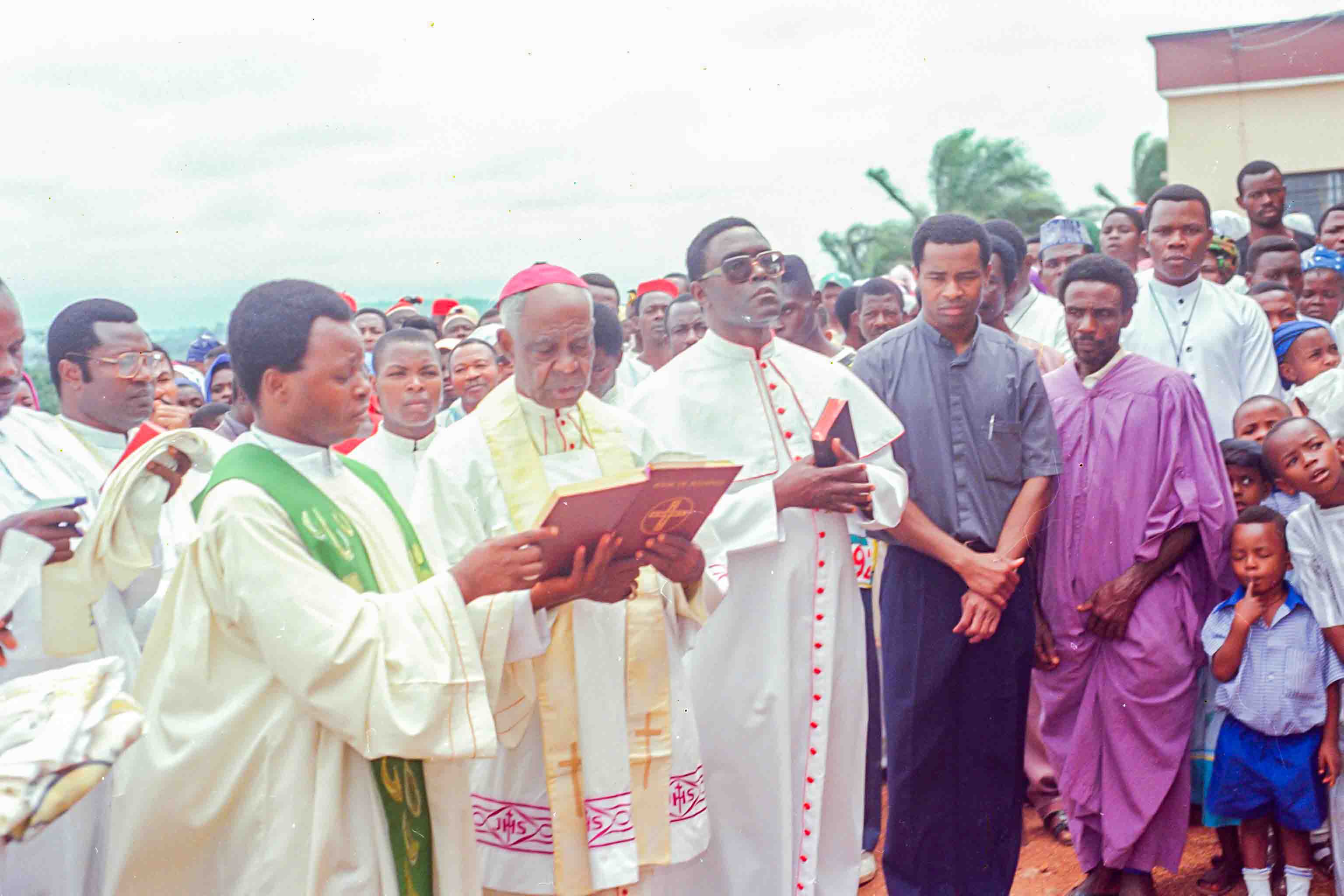






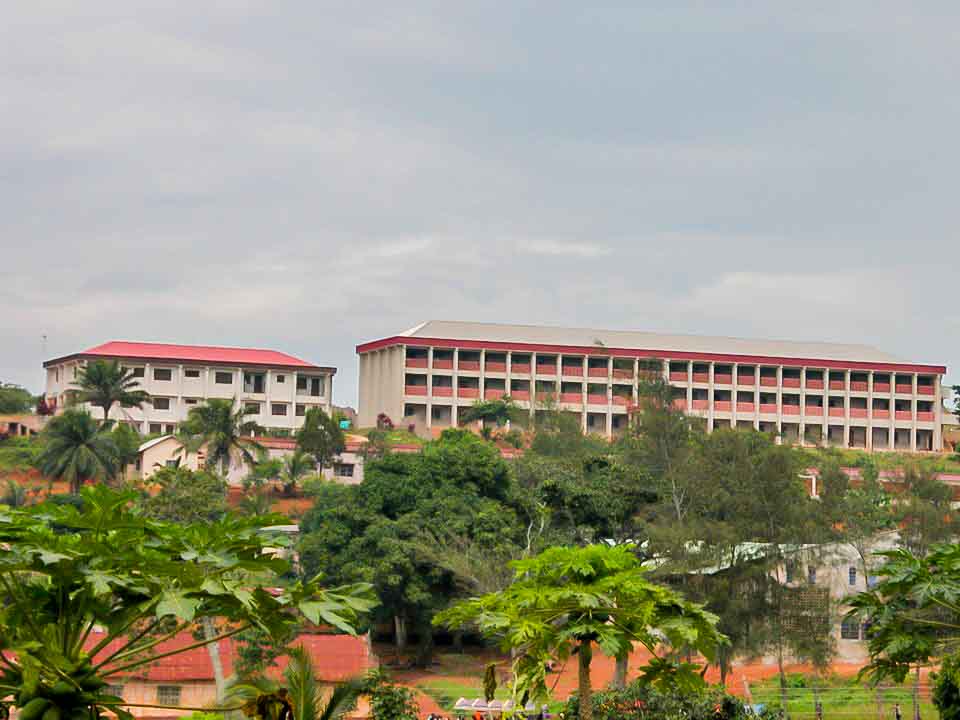





























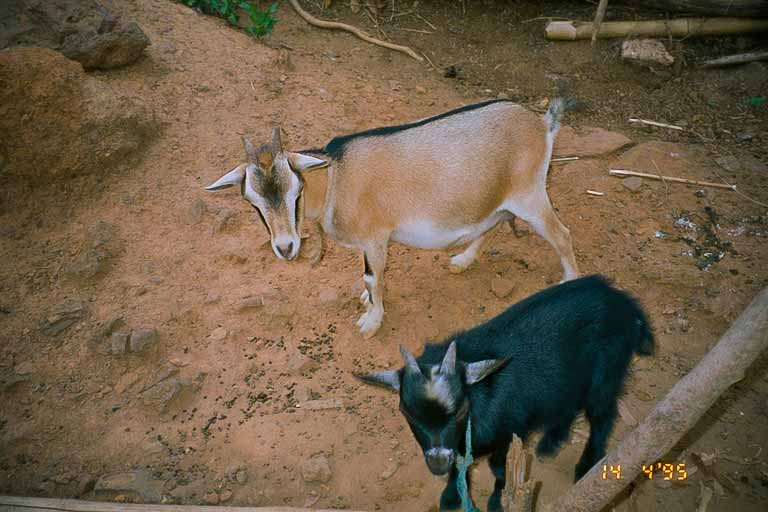
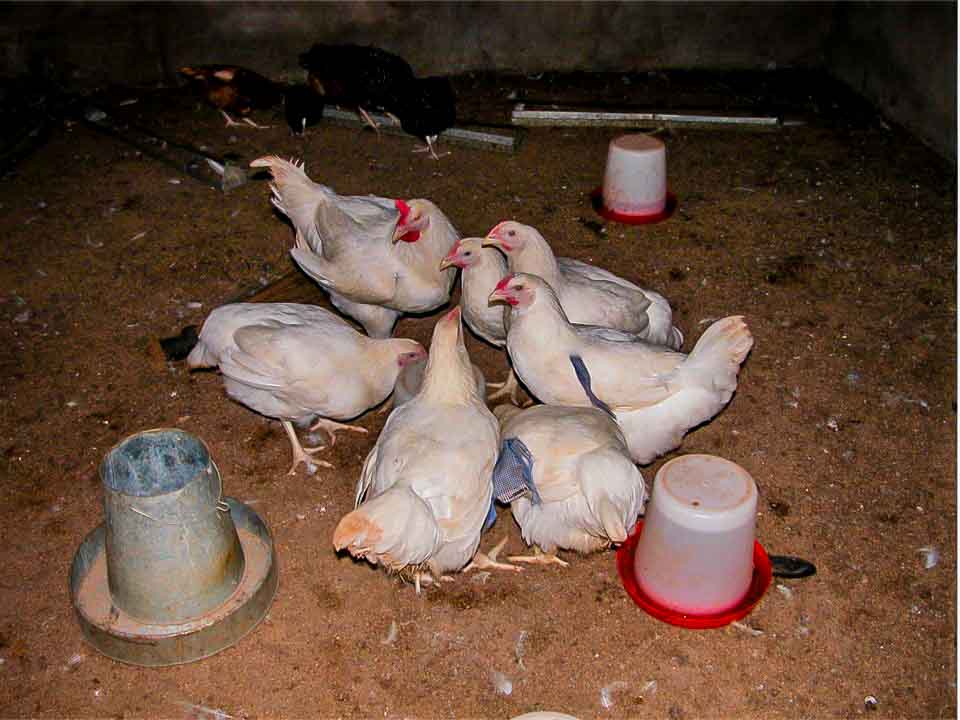
Closing remarks
On February 21, 2010, after 21 years of construction with 75 jobs and good financial reserves, I handed over the project to His Excellency Bishop Dr. John I. Okoye for the Roman Catholic Diocese of Awgu. With this handover, the first goal I aspired to has been achieved. With the express request and permission of Bishop John Okoye, I have continued to accompany the project, depending on my financial possibilities, in order to keep the project alive. However, we continue to ask for donations because the country-year crisis, including Covid-19 and the economic crisis in Nigeria, are causing a lot of trouble for the center.
I would like to take this opportunity to thank all the patrons and all those who support me in setting up this mission center.
My next step is to work on the sustainability and self-financing of the center to help it get back on a healthy financial footing.
